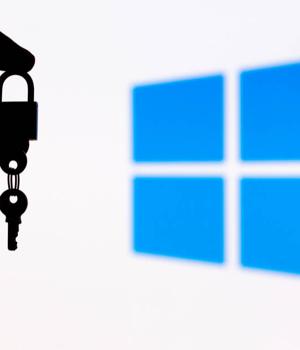Security News > 2023 > January > Microsoft locks door to default guest authentication in Windows Pro

Microsoft wants to bulk up the security in Windows Pro editions by ensuring the SMB insecure guest authentication fallbacks are no longer the default setting in the operating system.
The move, which is included in the Windows 11 Insider Preview Build 25276 released this month, means that systems with Windows 10 version 1709 or later and Windows Server 2019, SMB2, and SMB3 will no longer allow by default guest account access to a remote server or for those who provide invalid credentials to fall back to the guest account.
This brings Windows Pro editions in line with the stronger security in Enterprise and Education editions, which stopped allowing the default setting since Windows 10, according to the enterprise software maker.
In another blog post, Microsoft wrote that Windows client and Windows Server haven't allowed guest access or remote users to connect as guest or anonymous users since Windows 2000.
Only third-party remote devices may require guest access by default, but systems running Windows don't.
If a remote device is configured to use guest credentials, the process should be for an administrator to disable guest access to the device and configure the correct authentication and authorization.
News URL
https://go.theregister.com/feed/www.theregister.com/2023/01/17/microsoft_windows_pro_guest/
Related news
- Microsoft: Recent Windows updates cause Remote Desktop issues (source)
- Microsoft fixes printing issues caused by January Windows updates (source)
- Update VMware Tools for Windows Now: High-Severity Flaw Lets Hackers Bypass Authentication (source)
- Microsoft: New Windows scheduled task will launch Office apps faster (source)
- Microsoft fixes Remote Desktop issues caused by Windows updates (source)
- Microsoft's killing script used to avoid Microsoft Account in Windows 11 (source)
- Microsoft tests new Windows 11 tool to remotely fix boot crashes (source)
- New Windows 11 trick lets you bypass Microsoft Account requirement (source)
- Microsoft adds hotpatching support to Windows 11 Enterprise (source)
- Microsoft starts testing Windows 11 taskbar icon scaling (source)